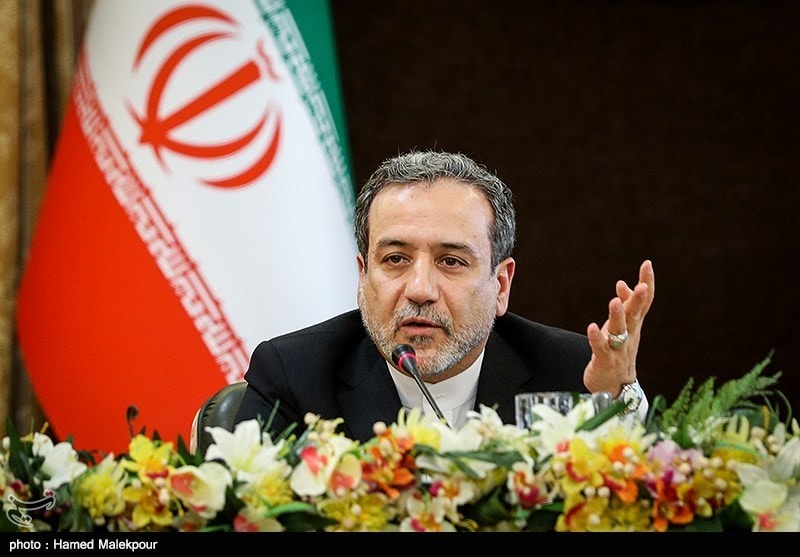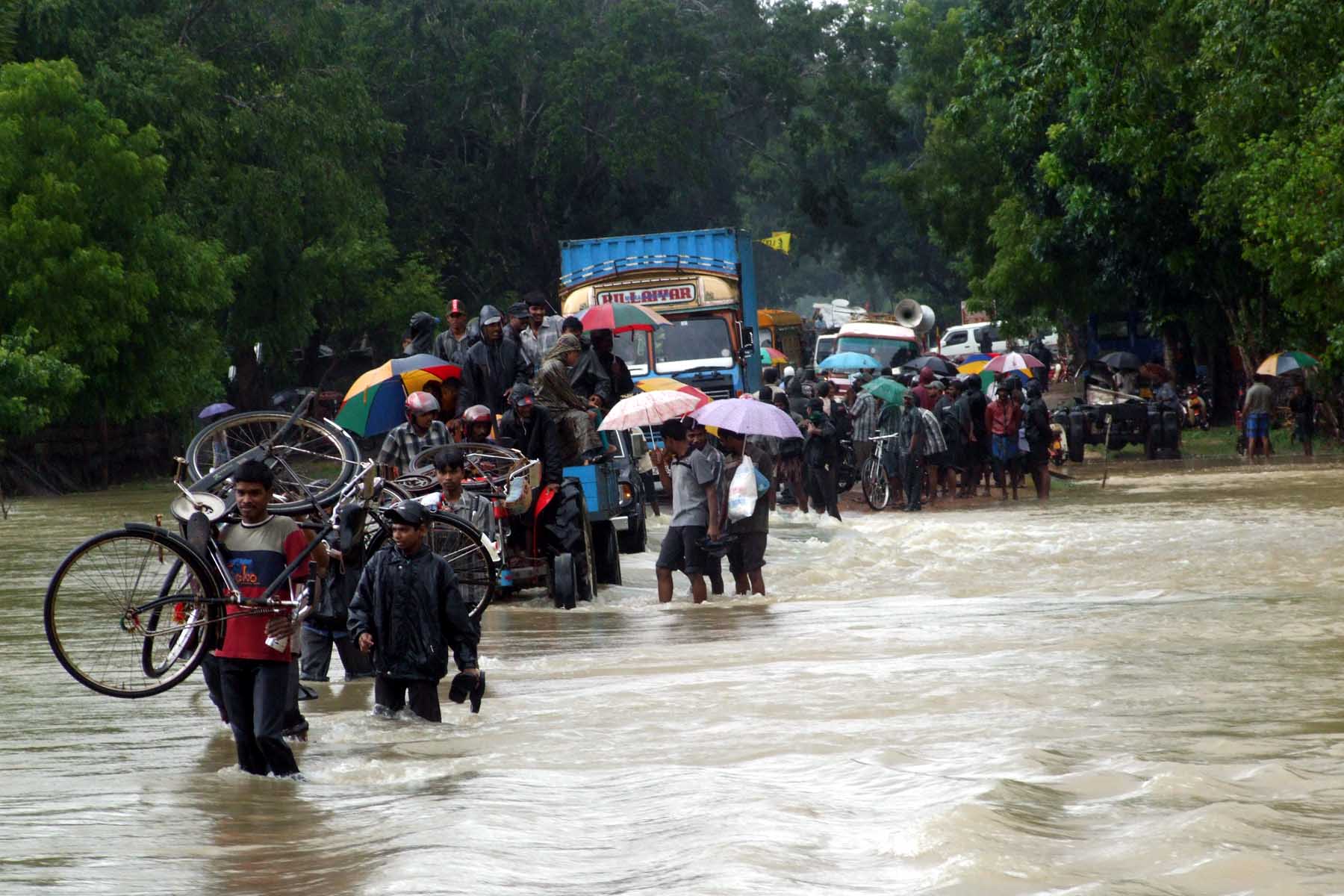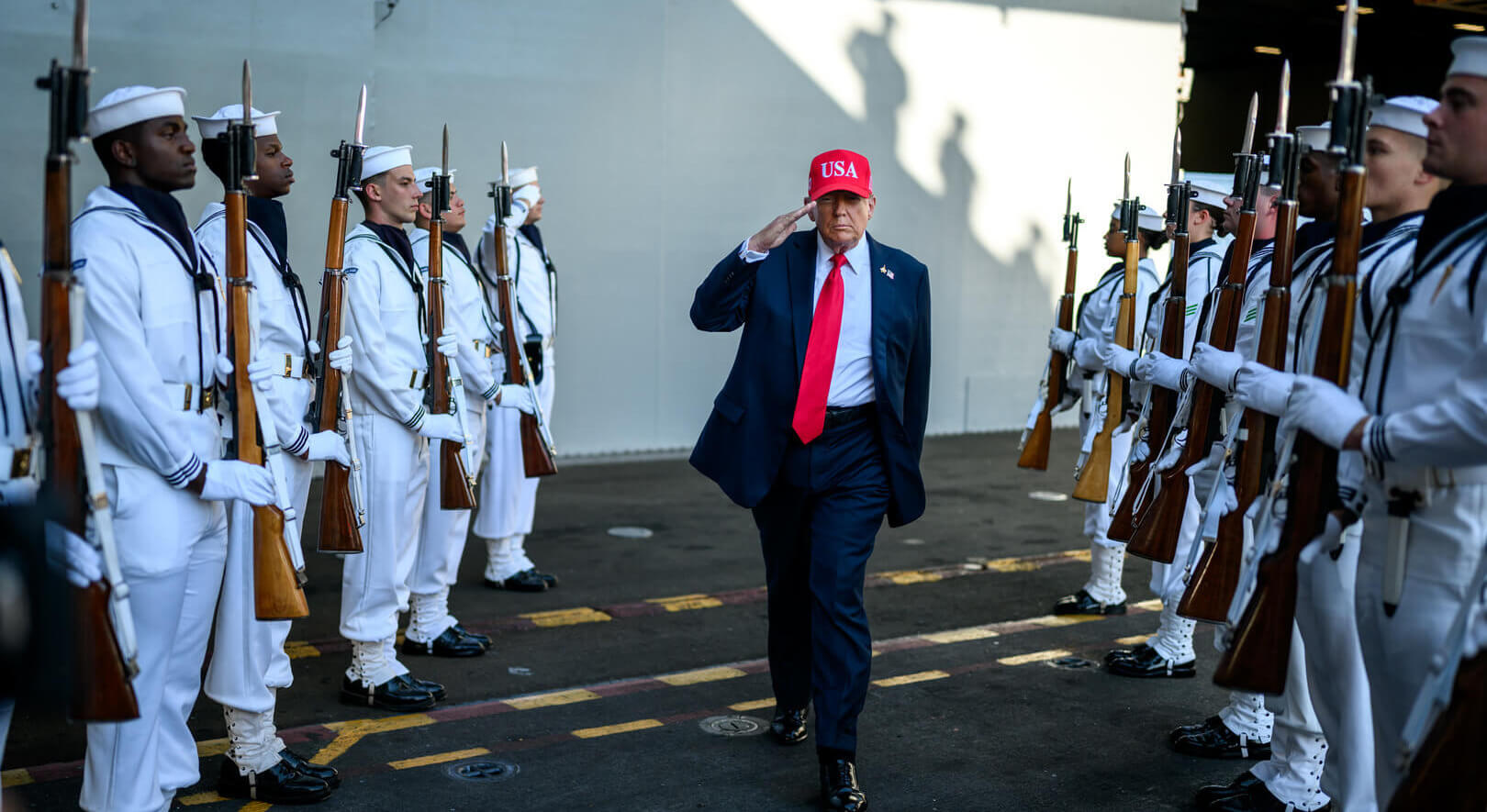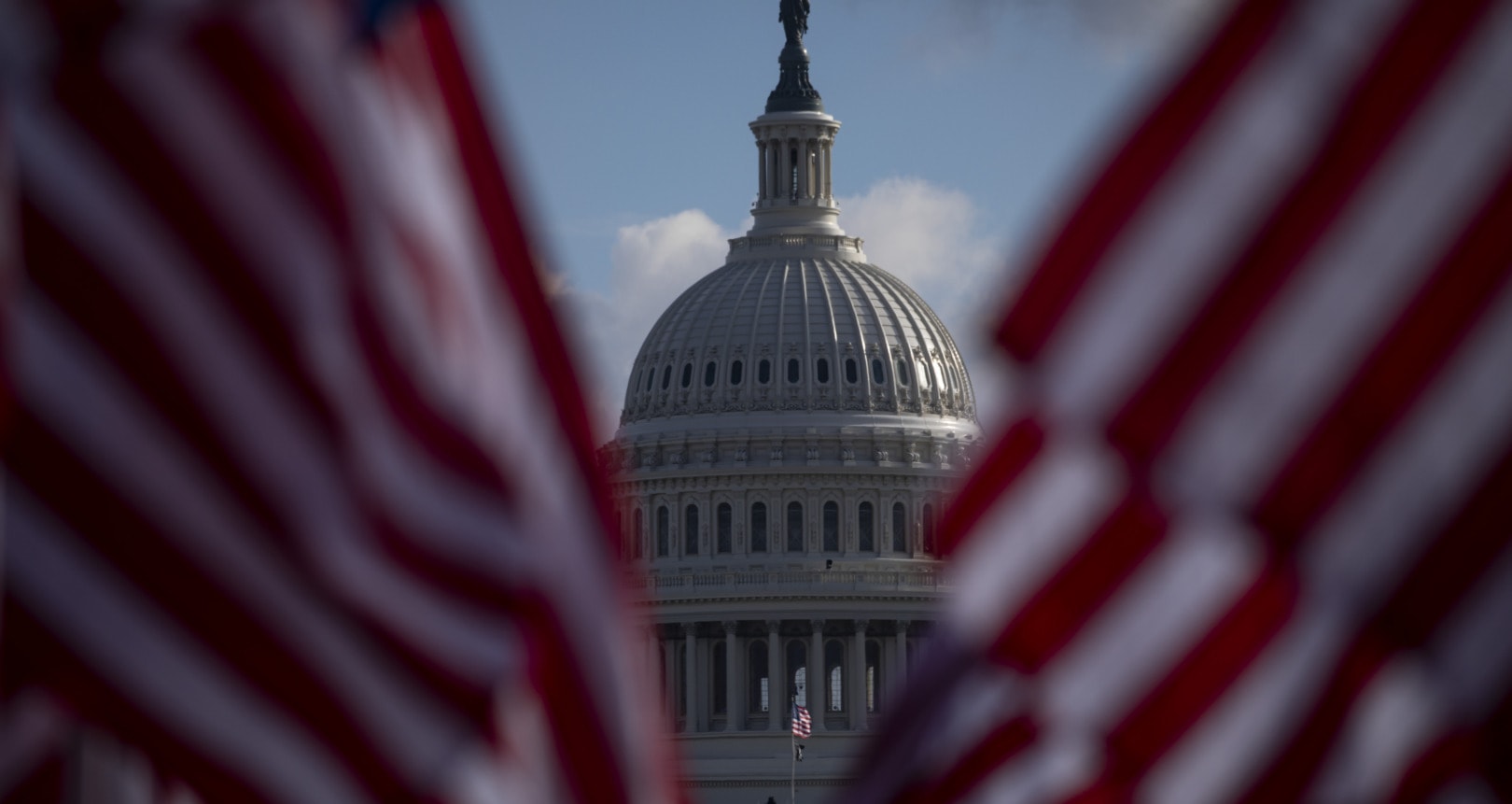Rather than opening informed and educative conversations that would support us to have more responsible and informed reactions, the British Press focuses on language and narratives which escalate people’s fears and prejudices towards people seeking to come to the U.K. This raises questions about the quality of British journalism and asks us to reflect on whether the real crisis, in fact, is the lack of empathy in the British press?
Watching the BBC live news Saturday morning had me flinching. British indignancy at its peak point as John Kay reported the arrival of more migrants.
This word. Migrants. Groups of Migrants. Migrants sleeping on benches. Migrants “getting through” on boats. Migrants — to be caught, sorted out and removed.
In less than five minutes, this word was hit upon repeatedly, emphatically. A nail being banged on, a point being driven in — we, the British, are just not happy about these migrants. This issue, which we must “get a grip on,” is a crisis spoken about with such urgency, as if “they,” the migrants, are arriving in tens of thousands.
Despite concerns being voiced back in 2015 and again in 2019 and 2020, pertaining to the consequences that arise from “migrant” discourse — one which is often without context and constructed of terminology which is either de-humanizing and unspecific or combative and hostile — our media in the U.K. continues to utilise it without care.
The reality is much less sensational, with the number of crossings for the entire year at 1,040 in May 2020. 1,040 out of the 26 million refugees in the world, 1.4 million of whom are estimated to be in need of resettlement right now. Why is the media reluctant to put such numbers into perspective? Conveying factual and provable data in its context seems like the logical way to report news, yet this is not the case with the highly emotive reporting of the “migrant crisis.” To question why this reluctance of the media exists means opening transparent discussions about the nature of the media, its true purpose and who it’s “supporters” are so to speak.
After all, the U.K. is not, by any means, bearing a larger “burden” than other countries. In fact, according to Amnesty International, 85% of refugees are in developing countries. Turkey now hosts the highest number of refugees with over 3.6 million, followed by Jordan with 2.9 million, Columbia with more than 1.7 million, Lebanon, Pakistan and Uganda each with above 1.4 million. Germany hosts 1.1 million, Sudan 1 million and Bangladesh 854,800. In contrast, the immigration statistics released for the year beginning in 2019 and ending in March 2020 showed that the U.K. had received 35,099 asylum applications from main applicants.
[A]ccording to Amnesty International, 85% of refugees are in developing countries. Turkey now hosts the highest number of refugees with over 3.6 million, followed by Jordan with 2.9 million, Columbia with more than 1.7 million, Lebanon, Pakistan and Uganda each with above 1.4 million.
Even in comparison to the other European countries, the U.K. hasn’t got it so hard. In late 2016, the U.K. was behind Germany, France, Spain and Greece on the number of asylum applications made while in 2019 official statistics showed that there were around five asylum applications for every 10,000 people resident in the U.K., ranking it 17th among EU28 countries on this measure. Malta ranks highest with roughly five applicants for every 1,000 inhabitants
But, the British media, in true form, has become ignited again by what, in reality, are pithy numbers of people crossing the channel from France to the UK — an endeavour, it should be added, that is rather problematically referred to in the Home Office’s Guidance publication regarding the Dublin III Regulation as “asylum shopping” — a complete reduction of what is undoubtedly a fraught experience.
Shopping is a pastime, a luxury. The motivations for crossing the channel are not. It should also be mentioned that the U.K. isn’t quite the hotspot destination that we may like to think it is either. In a 2016 study on “refugees to workers,” the U.K. was considered to have a particularly long waiting period before asylum seekers could seek work. According to the UNHCR U.K. statistics, these people are provided in the meantime with a mere £5.39 a day for food, sanitation and clothing.
Related Articles: Selective Empathy | Politics Shaped By Social Media
There are legitimate concerns to be discussed, but truly, if we put aside for just one moment our own political opinions and beliefs and step back to really consider the language and tone being used here, is there anyone who could say that they feel proud of the way our media and our government are referring to other human beings?
Language and tone are powerful, and the harmful and dehumanizing effects they can have (and have had) should always be taken seriously. The way that we choose to utilise language says something about us too. Choose, being the operative word. We do have the capacity to hold discussions and express concerns whilst remaining respectful and empathetic about people who are deserving of dignity and compassion.
Whilst the press in all countries, particularly in Europe, will not be faultless, the British Press, despite the numbers showing how little we are actually stepping up to support and give refuge to refugees and migrants, was found to be the most vehement in their reporting about the perceived burden in giving such support.
[T]he right-wing press in the United Kingdom expressed a hostility towards refugees and migrants which was unique.
— UNHCR report 2015
In a UNHCR report published in December 2015, the U.K. was the most likely to provide a negative image of migrants and refugees in comparison to the other countries in the study. A broad cross-section of reporting during 2014 and 2015, which looked at the UK, Germany, Spain, Italy and Sweden, the study concluded that the British press, even then, had the highest percentage of the five countries for their use of the term “migrant” in their headlines (54.2%), and was the most likely to frame the crisis as a consequence of weak border control, a factor that was barely cited in the other countries. The British press rarely focused on the humanitarian aspect or the ordeals of refugees and migrants. Furthermore, they were the most likely to link migrants and refugees with crime.
The conclusion of the UNHCR report for the U.K. was disheartening:
“[T]he right-wing press in the United Kingdom expressed a hostility towards refugees and migrants which was unique. Whilst newspapers in all countries featured anti-refugee and anti-migrant perspectives, what distinguished the right-wing press in the U.K. was the degree to which that section of the press campaigned aggressively against refugees and migrants.
Despite the fact that the crisis was primarily explained as one created by conflict, human rights abuses, and to a lesser degree economic inequality, the need to address these issues was relatively rarely addressed in coverage.”
Frustratingly, the British press continues to report without any self-reflexivity, choosing not to give consistently any of the historical context of the British government’s self-serving actions that have caused all sorts of problems around the world (such as engineering coups or carving up region borders), nor the present-day context — for instance, the U.K.’s continued contribution to conflicts by exporting arms.

The business of selling arms, let’s face it, cannot be seen as anything other than immoral. The U.K. can now be seen as directly culpable for the humanitarian disaster of Yemen, as it continues to sell arms to Saudi Arabia. Frankly, the arguments put forward for selling arms are not justifiable, and when we consider U.K. claims about giving humanitarian assistance, in this instance to Yemen, we see that the decision to sell arms that fuels conflict is also counter-intuitive and wasteful. Furthermore, it continues to corrode the U.K. soft power and any reputation of having integrity for the future.
Despite this, in 2019, the U.K. arms-sales reached headlines as it became the second-largest exporter in the world with £14bn in sales, with official figures showing that almost 80% of arms were going to the Middle East. In fact, according to Action On Armed Violence (AOAV), the U.K. sells arms to 30 countries listed by the Foreign and Commonwealth Office (FCO) as countries of concern. It has also been reported that a third of UK arms-sales go to states on human rights watchlists.
Rather than tutting and expressing our frustration at France for not catching those “migrants” who are “getting through,” we could focus on asking our government some serious questions about who the U.K. is selling arms to and whether this should continue if we are concerned about the economy, communities, services — or about the risks that people are taking by crossing the channel.
Even if the financial benefits outweigh feelings of moral obligation, there are still avenues to be explored. For instance, the argument of Afshin Mehrpouya, Associate Professor at the HEC Paris Business School, in his article “Should we tax arms manufacturers to finance refugee resettlement?”
Afshin cites four benefits: A global arms sales decrease, re-balancing the distribution of costs of warfare, helping to restore refugees’ dignity and leading to a different attitude of receiving countries toward refugees. At the very least, more conversations about the U.K.’s international activities would hopefully remind the public that the U.K. is not unconnected and innocent in destabilizing activities around the world and that it is reasonable that we take responsibility. As Afshin points out “the arms and military companies – whose sales totalled 398.2 billion US dollars in 2017 – are key beneficiaries from warfare. But they play no role in addressing the social and environmental costs from the use of their products.”
An arms tax may not directly address the root of the problem – the persistence to sell arms, but it would move us in the direction of taking responsibility and undermine current narratives of the media and government which frame refugees and migrants as being burdens, as Afshin goes on to conclude,
“Considering that the funds from the reconstruction fund can help cover part or all of their immediate resettlement expenses, it can motivate the receiving countries to be more receptive to refugees. This can also help tame the increasingly polarising and dehumanising discourses about refugees and their effects in the receiving countries.”
Certainly, the language and attitude of securitization, of Navy boats, “pushing back” and getting tough will get us nowhere. Our attempts to become more separate from Europe will likely be turning around to bite us in the back — even in regards to our “struggle” to keep down the number of the migrants and refugees coming to the U.K., as we come to consider agreements such as the Dublin Regulation III, which previously enabled the U.K. to ask for other EU countries, such as France, to take responsibility for migrants and refugees that had been put into the Eurodac system, or as we negotiate our impending departure from the EU. CEP calculations show that “the more the UK distances itself from the EU’s economic institutions and policies, the greater will be the increase in trade barriers and the higher will be the costs of Brexit”.
The issues which drive migration are global issues — which we in the U.K. are not and certainly never have been separate from. Essentially, we are living in a globalised world where we can no longer truly benefit from the loss of others and where it would benefit us instead to open discussions that are geared at gaining an actual understanding, such as why people are choosing to make this dangerous journey from France. We might be surprised what we discover — and I would bet that the millions being spent on securing the borders could be put to more efficient use elsewhere.
Further watching: Lost in Media. Migrant Perspectives and the Public Sphere
Interested to Take Action: Check Out This is Not Journalism at ChooseLove
Editor’s Note: The opinions expressed here by Impakter.com columnists are their own, not those of Impakter.com. — In the featured photo: Photo action to mark Migrants International Day — Featured Photo Credit: GUE/NGL















